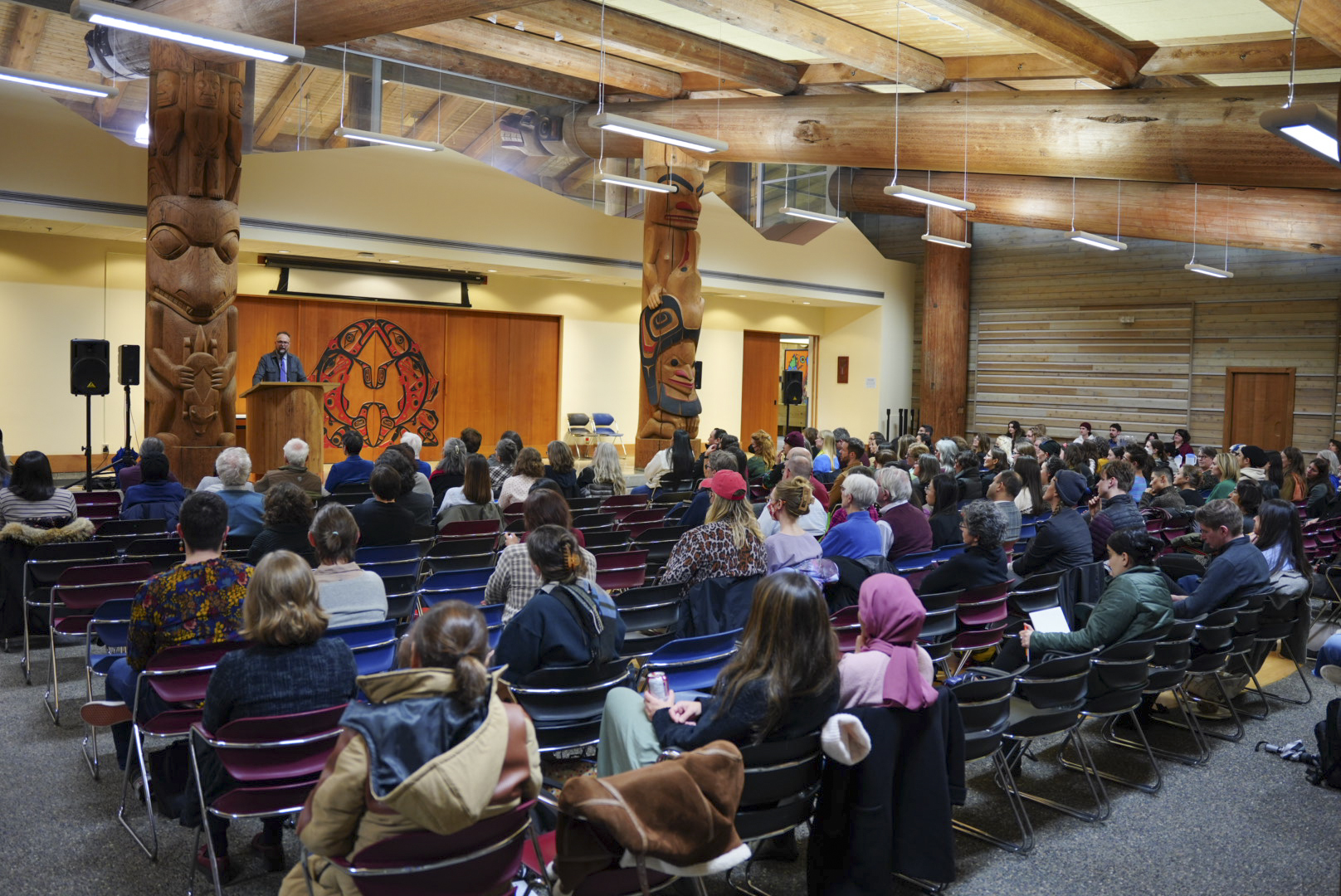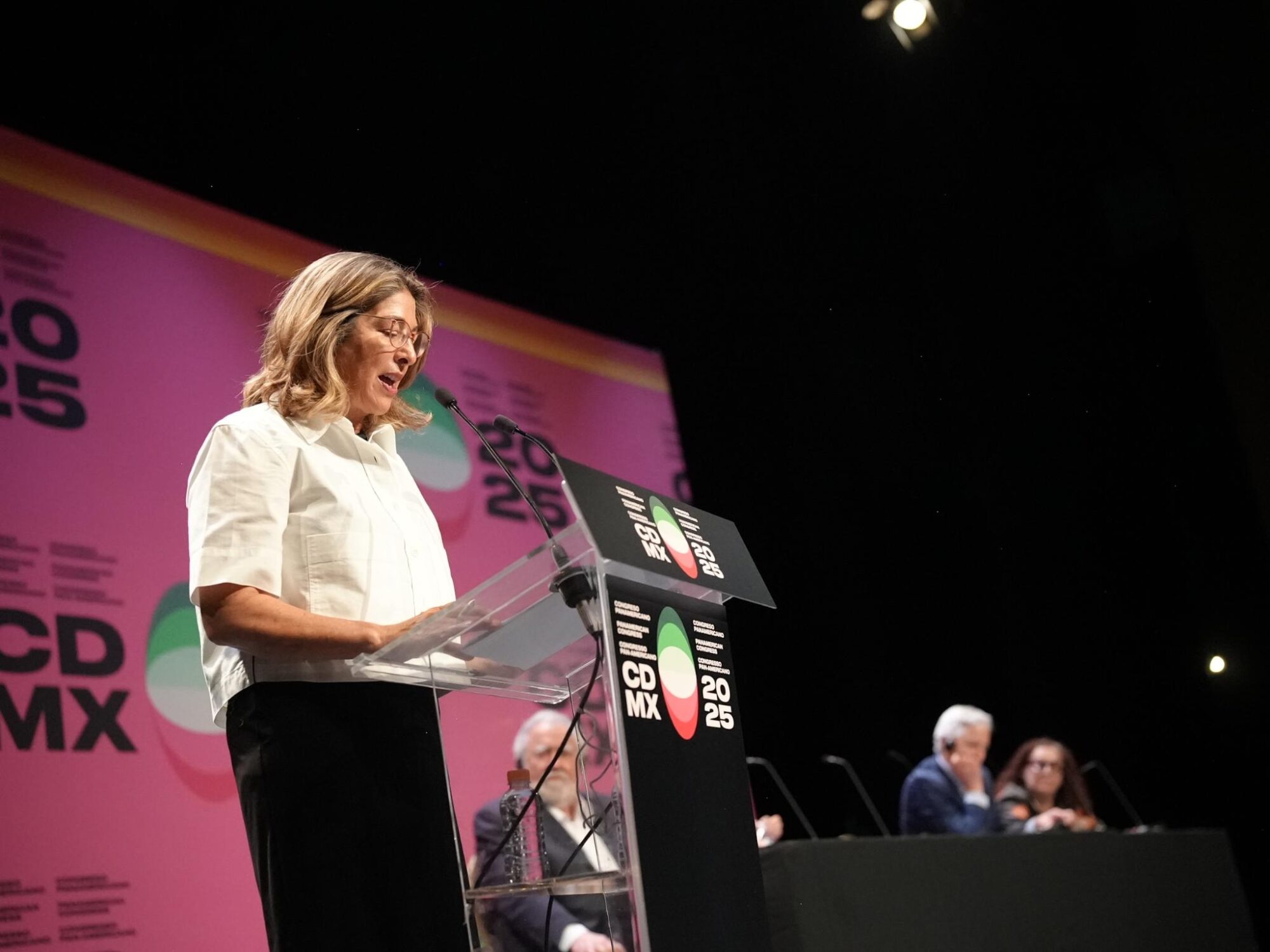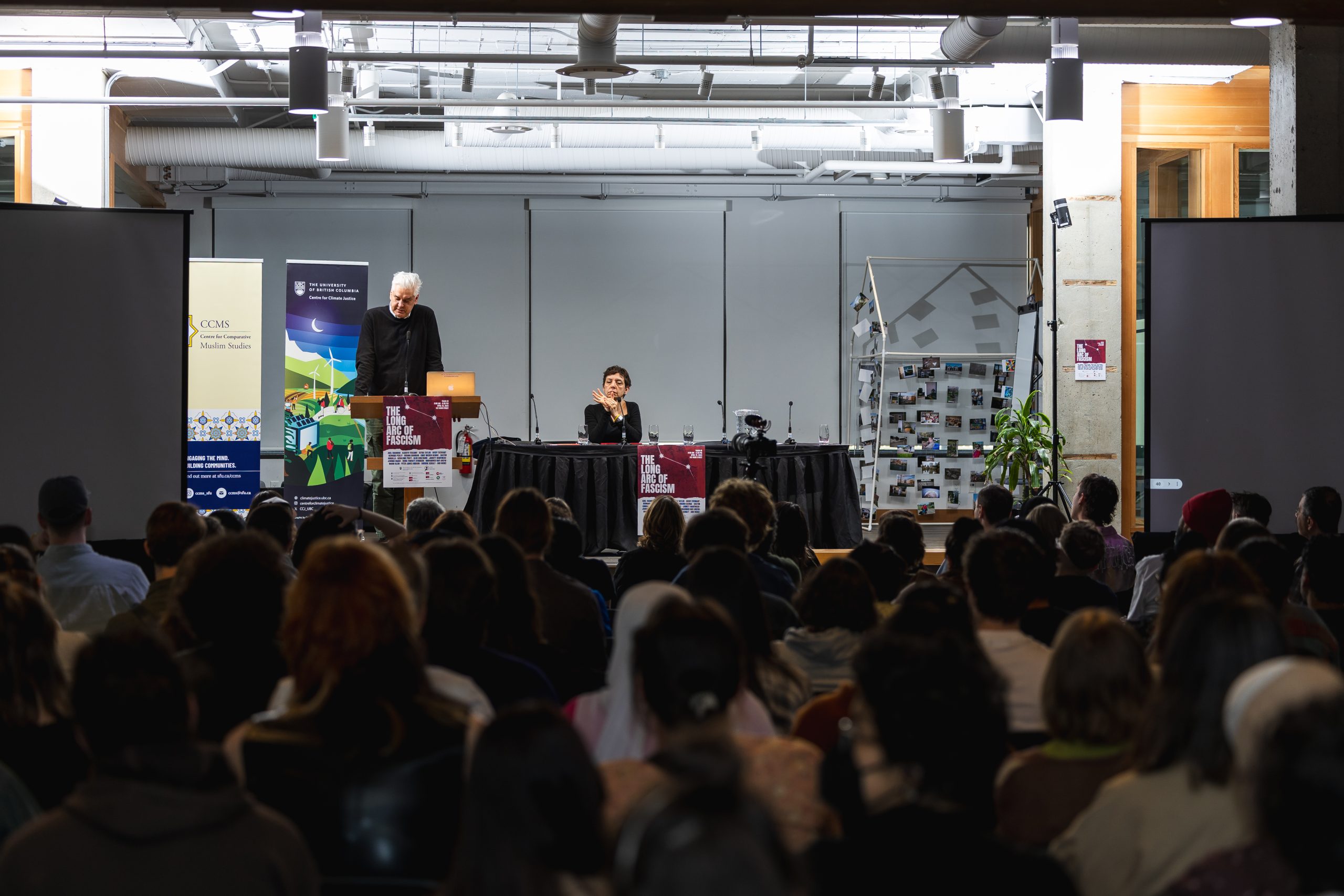

In a thought-provoking event led by Dr. Kyle Whyte, attendees were immersed in a captivating exploration of the intricate relationship between climate action and Indigenous rights. Dr. Whyte delved into pressing issues such as the potential erosion of Indigenous treaty rights in the face of escalating climate change.







Highlighting the stark reality that “Indigenous peoples possess a depth of wisdom about climate change, having endured its impacts far longer than many other communities,” Dr. Whyte underscored the invaluable insights Indigenous communities offer in navigating the climate crisis. Furthermore, Dr. Whyte discussed the historical ramifications of colonial activities, emphasizing how these actions have severed Indigenous communities’ adaptive capacities and exacerbated their vulnerability to environmental changes. This stark reality underscores the urgent need to integrate Indigenous perspectives and wisdom into climate action initiatives.
Through his discussion, Dr. Whyte essentially aimed to challenge the notion that Indigenous consent is often assumed to be an impediment to climate action. Rather, he asserts that Indigenous consent serves as a potent mobilizing force, capable of galvanizing entire networks of communities towards collective climate action. Drawing attention to inspiring examples such as the innovative renewable energy initiatives spearheaded by tribes in Michigan and across the US, Dr. Whyte showcased the transformative potential of Indigenous-led solutions. These initiatives not only mitigate the impacts of climate change but also empower Indigenous communities to reclaim agency over their lands and resources.
Dr. Whyte left the audience with a poignant question: “Until we repair the consent crisis, do we have the chance or capacity to do anything about the climate crisis?” This powerful reminder underscores the imperative of prioritizing Indigenous consent as a cornerstone of climate action efforts.
Thank you to Dr. Whyte for sharing your knowledge and stories with us!
A huge thanks to the Institute for Critical Indigenous Studies and the First Nations House of Learning for their roles in bringing this event together for the UBC community!




